
Serial entrepreneur and Business consultant, Titi Ojo is the Founder/CEO Agrochains Consult Services Ltd, a company that provides value added services in the agriculture value chain and Non-oil Export. Her passion for training and capacity building birthed APLUS Trainers, a foremost service provider in Enterprise Development and Business consulting. She is a life and business coach. She runs a monthly mentoring/coaching programme called ‘The Idea Factory’ for business start-ups and young people in Abuja where she resides. The ‘Idea Factory’ is a platform that enables business ideas to become reality through co-creation and mentoring. Titi currently serves as the Acting Executive Secretary, Network of Practicing Non-Oil Exporters of Nigeria (NPNEN), a Business Membership Organisation (BMO) that champions advocacy and capacity building in the non-oil export space. She is a certified Trainer under the Commonwealth Youth Programme (CYP), Creative Enterprise Program of the British Council and HP e-Learning among others. She has organised and delivered bespoke training programs for individuals, teams and organisations in Nigeria and in diaspora.
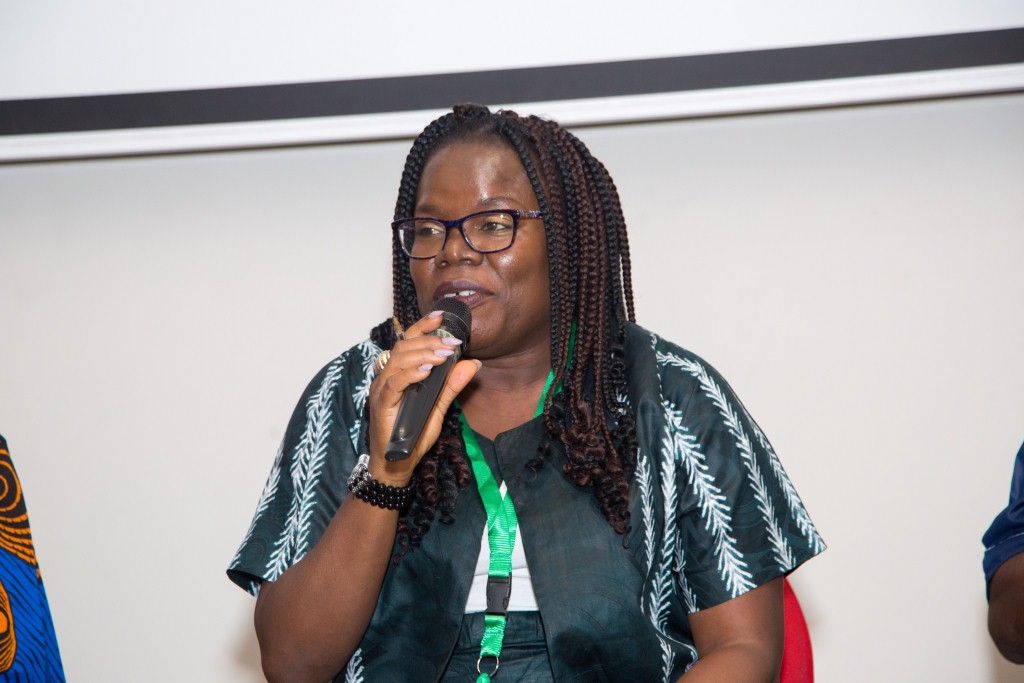
Titi has supported the implementation of Agricultural Value Chain and Rural Development projects from donor organizations such as the UNDP, IFDC, DFID and USAID. She served as a National Advisor on the 2SCALE project (Toward Sustainable Clusters in Agribusiness through Learning in Entrepreneurship), a five-year Dutch-funded project supporting business ideas from the private sector that addresses both commercial and development objectives. Titi served as the Exporter Voices Lead, on the Trade Policy Workstream of the Policy Development Facility Program of UK AID where she played a prominent role in developing the capacity of SME exporters to participate in non-oil trade and evidence-based advocacy.
Over the years, she has acquired expertise in organizational leadership and project management skills through learning, certifications, and practice. She is a trained Lead Auditor under the International Standards Organization (ISO) in the following Management Systems: ISO 9001:2015 Quality Management Systems (QMS), ISO 14001:2015 Environmental Management Systems (EMS) and ISO 22000 Food Safety Management Systems (FSM), a set of worldwide proprietary, industrial and commercial standards. She is also a certified Project Management Professional (PMP).
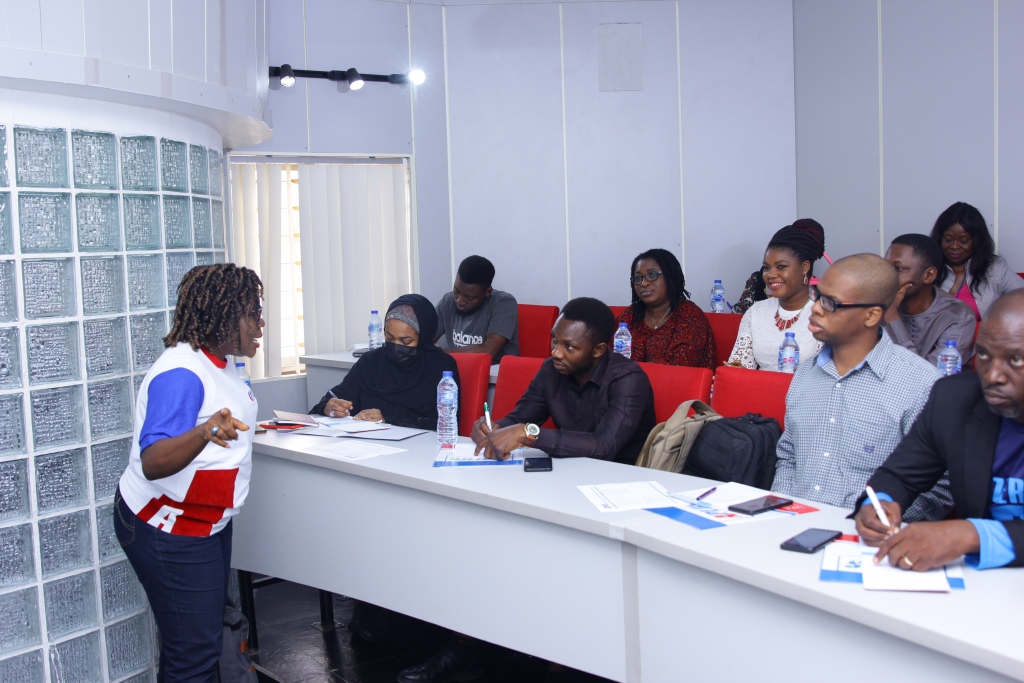
In this exclusive interview with Green Savannah Diplomatic Cable Titi speaks about food crisis in Nigeria, how to grow and sustain business and other issues that have to do with business development.
Excerpts:
Since you are a professional trainer and business coach, let me begin by asking you; how would you rate the entrepreneurial spirit of an average Nigerian youth?
The Nigerian Youth is entrepreneurial no doubt. They are trying their best to succeed at being the best they can be. Of course there will be some that will be full of vices, and it will be unfair to make them the standard for all. If I should rate the entrepreneurial spirit of the Nigerian Youth on a scale of 1-5 with 5 being the highest, I will score them a 4. I dare say that all they need is an enabling environment, and we will see wonders.
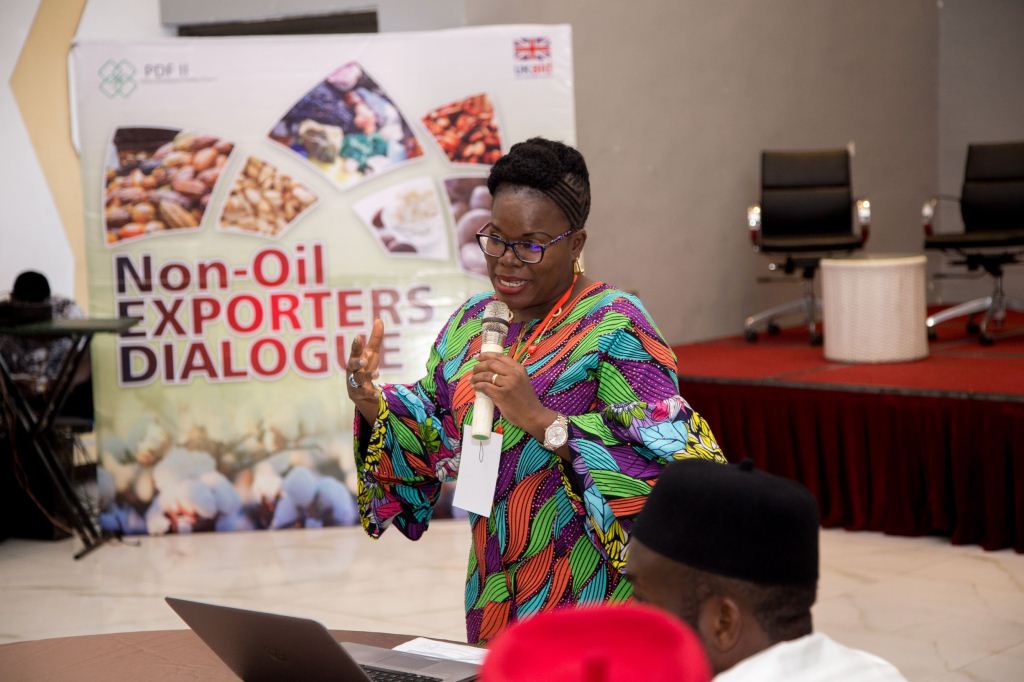
Empowerment of youth in Nigeria by the political class is often associated with the distribution of motorcycles, hair dryers and other items; as a Business Development expert, is that real empowerment?-
That is not real empowerment. Real empowerment is achieved when they also gain the skills that will make their vocation sustainable and this entails business management skills. It is not uncommon to see many of these businesses pack up within the first one year due to poor business management practices.
Some food items produced in Nigeria are often rejected at the international market, what are the problems and what should government and entrepreneurs do change the trend?
The main reason why our products are rejected is poor quality and these quality parameters are usually set as per country or by the buyer, hence it’s not a one size fit all. When we fail to comply with the requirements, we get rejected. There is need to have a thriving National Quality Infrastructure as a country, first of all. With this in place, we can build confidence in the quality of our products. Export is pretty technical and has a lot of parts to it. Our entrepreneurs should endeavour to get educated on the requirements for export and endeavour to do all they can to honor any export contracts entered into. No short cuts here. Unfortunately, when one Nigerian fails in the international market, it brings a stain on all of us.
Would you like to tell our readers the problems associated with value chain in Agribusiness in Nigeria?
Recognising that Agribusiness is a value chain is not enough; we need to empower every part of that value chain holistically. These parts include access to lands, inputs, financing, marketing, processing, storage, research & innovation etc. We have not seen much progress because we keep addressing the parts in isolation. The value chain approach needs to be better understood and applied. This will require synergies among agric supporting institutions in both private and public sectors in designing holistic interventions that guarantee success from the beginning to the end of the value chain.
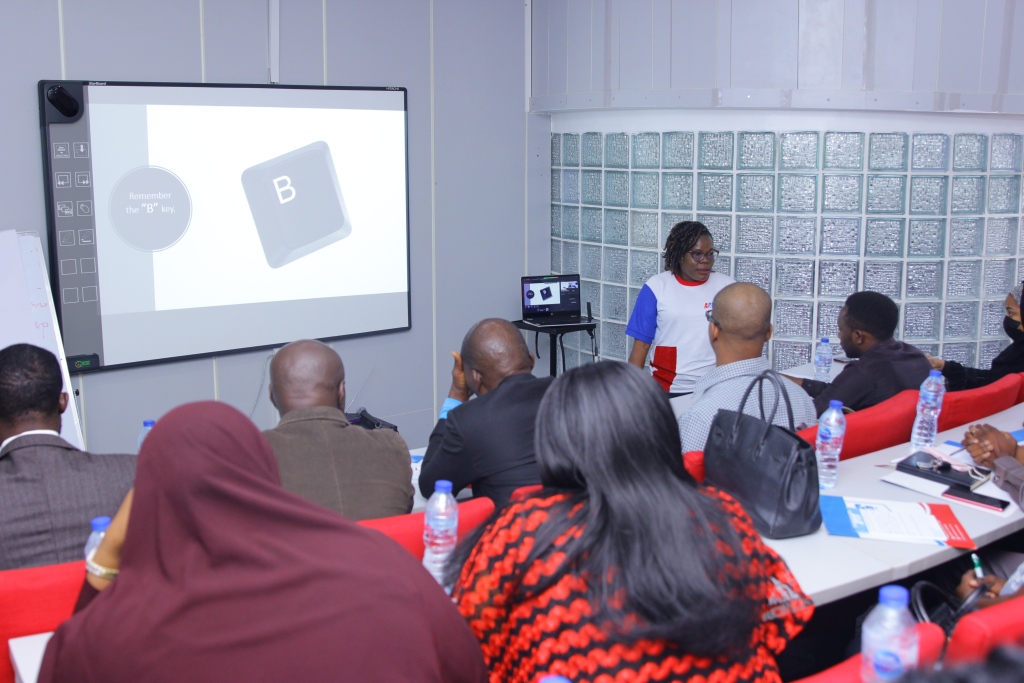
What essential steps should an Entrepreneur take to grow and sustain his or her business?
I think every entrepreneur should have a business plan; many ignore this aspect whereas it is one activity that will help the entrepreneur to think through every aspect of the business. These aspects include defining the unique selling proposition, the business model, sales and marketing, brand management, customer service, financial management, corporate governance, communications, human resources, product and services development amongst others. The business plan is a living document that remains a guide throughout the life of that business, and it can always be updated to reflect current realities. Aside this, the entrepreneur should regularly get knowledge and skills through periodic trainings that will help in growing and sustaining the business. The entrepreneur should also belong to valuable networks that can be tapped into regularly for information, resources and business support. Lastly, the entrepreneur must be resilient and have the right attitude to growth and sustainability.
Against the background of the security challenges in Nigeria, some have predicted that there would be food crisis. Can we say the soaring price of food items is a manifestation of what Nigerians should expect?
We are already in a food crisis situation no doubt and it is no joke as we speak. The soaring food prices is getting to ridiculous proportions, it makes me wonder how the average Nigerian is coping in a situation where neither salaries nor employment opportunities have increased. It seems that this will get even worse except something drastic happens. The insecurity in the country is a major cause of this scarcity of food as many farmers are unable to go to their farms; I have friends that have abandoned their farms as well for their safety. If this continues unchecked, food security will get to an all-time high and at that point the entire country may just go to” war” against government and crime rate will also increase. I pray this gets solved before it’s too late.
You are an advocate of mushroom farming; there must be some reasons why you are encouraging Nigerians to go into that aspect of farming?
First of all, mushroom farming stands in its own category. Mushroom is neither a fruit nor vegetable, but fungi. It does not require travelling distances to the farm, mushrooms can be farmed in houses constructed on one’s property. It is highly nutritious and globally recognised as a big player in food security discourse. In Nigeria, the demand far outweighs the supply; hence a huge production gap is there to fill. Anyone that understands the methods of farming mushroom can take it up even as a hobby. Currently, we import to fill the in-country deficit and there lies the market opportunity that I would encourage anyone to leverage. It requires ample knowledge and technical know-how; it takes commitment just like any business venture does. At this stage of our national life, it is expedient to search for options to food insecurity and run other sources of income. I think mushroom farming answers to these and more.
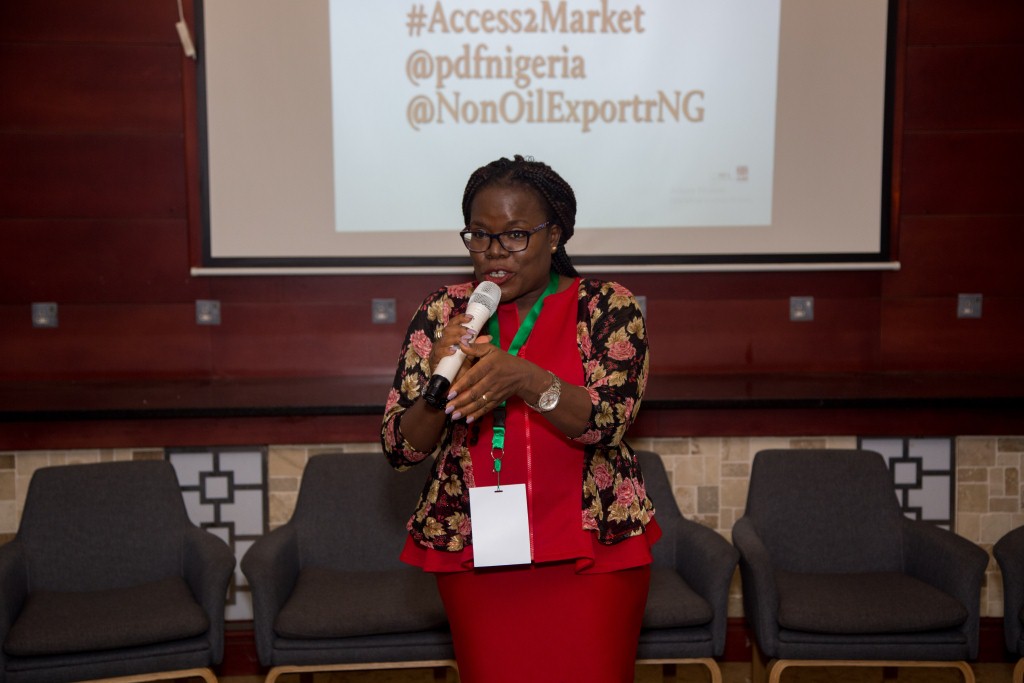
What sectors of the economy should be the focus and priority of the Federal Government now and why?
All sectors are important because they are wheels that drive each other. However, primary sectors have always been education, agriculture, health and trade and its obvious why this is so. We need educated minds for development, we need to feed to live, we need to be in good health to function well, and our economic prosperity determines our livelihood as citizens. However, insecurity is affecting all of these sectors right now. Let’s deal with this insecurity so things can return back to normal.
What are your roles as the Acting Executive Secretary, Network of Practicing Non-Oil Exporters of Nigeria?
My role is that of an administrator. I am responsible for driving the mandate of NPNEN and building its brand as the platform for different actors in the export value chain to collaborate, build capacity and advocate for enabling policies that will improve competitiveness in the sector. My role also includes brokering strategic relationships and partnerships that will enable NPNEN achieve sustainable impact.










